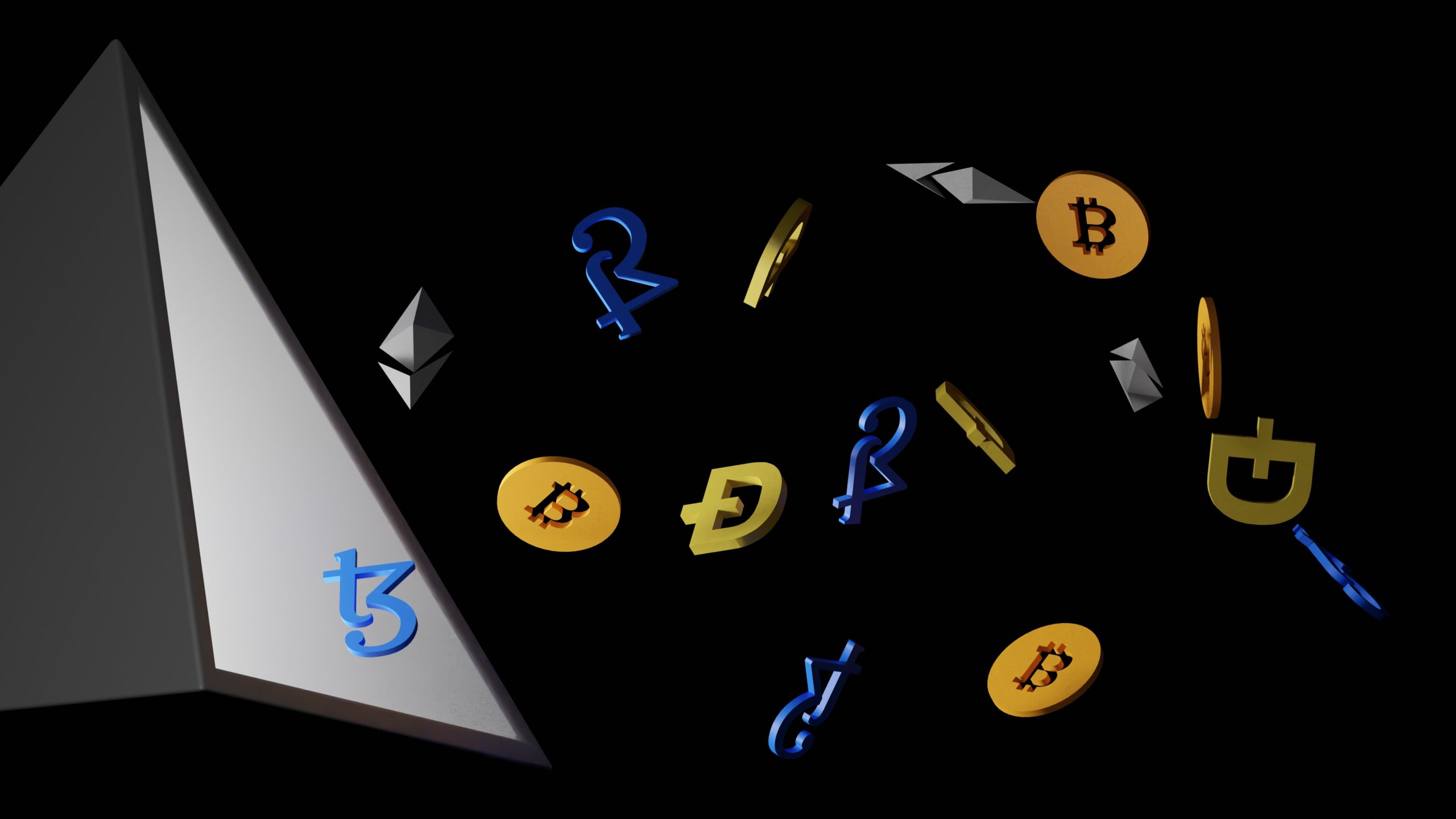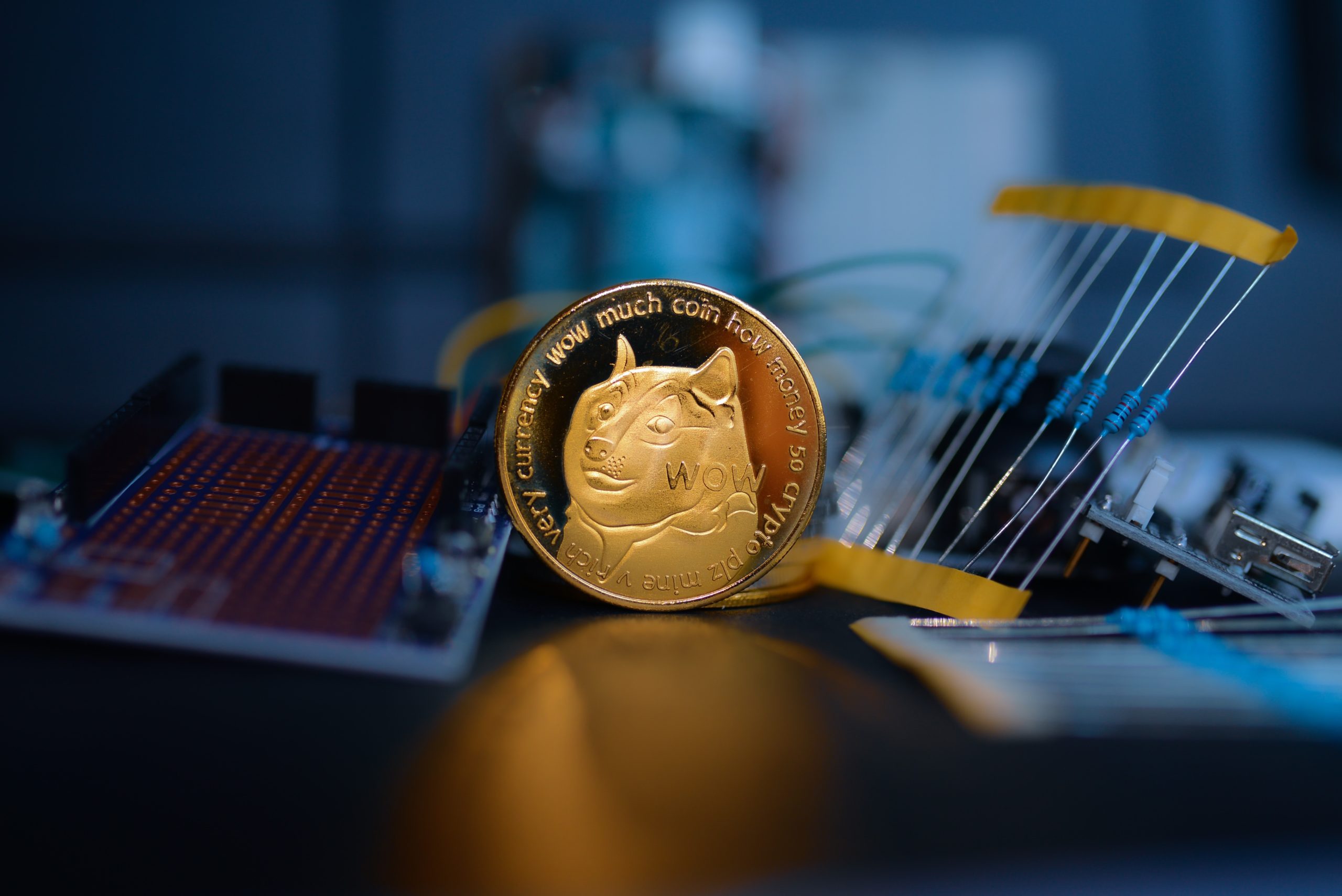It is a blockchain network for developers, corporations, and organizations. The transaction cost incurred on this network is determined by a fee structure that is dependent on the data and storage resources utilized during a trade. When a user makes a transaction on the ICP network, it is processed by the network’s nodes that are in charge of executing smart contracts and updating the state of the network. The nodes are then rewarded with ICP tokens and thereafter, the fees are calculated based on the overall amount of computing resources consumed by the transaction. ICP, the native token of the blockchain, is a utility token that interacts with the blockchain and its governance. ICP rewards are received by users when they participate in the network’s governance mechanisms. The tokens are exchanged with cycles and then used to run canister smart contracts on the blockchain. Using this network allows a large network of computers to deliver lots of cloud services that offer a decentralized alternative to legacy software providers. It employs a notion known as “cycles” to calculate the computing resources that are used to run a transaction. A trade charge is calculated based on the number of cycles consumed by the exchange.

About the network
ICP is a blockchain platform that targets developers, corporations, and organizations. The platform was designed by the DFINITY Foundation to allow the internet to host backend applications and leverage its power as a computing tool. A global network of computers can serve a variety of cloud services using ICP, offering a decentralized alternative to legacy software providers. These services would be unbiased and interpolated via the ICP. Canisters, the network’s take on smart contracts featured on most blockchains, are used to develop interactions and applications. This network manages these tamperproof and auditable canisters. The primary distinction between a canister and a regular smart contract is their utility in the development of scalable software applications.
About its token
ICP is the native token of the blockchain and a utility token that interacts with the blockchain and how it is managed. ICP rewards are given to users who participate in the governance mechanisms of the network or offer computer power as a node. The concept of cycles is a key component of the network. ICP tokens can be converted to cycles, which may then be used to run canister smart contracts deployed on the blockchain. As a deflationary measure, the network burns the ICP exchanged for cycles. This technology, like Ethereum’s gas mechanism, imposes a cost on calculations. It does not have a maximum supply of coins but hopes to gradually reduce its yearly inflation ratio to 5 percent.
How it works
The network employs a notion known as “cycles” to calculate the computing resources that are used to run a transaction. A trade charge is calculated based on the number of cycles consumed by the exchange. ICP transaction fees vary depending on elements such as network congestion, gas prices, and the complexity of the smart contract being performed. The last trading fee on the network is around 0.001 ICP, which is roughly equivalent to a few pennies in USD. Users can also propose recommendations and vote on the results by staking their ICP in neurons. A neuron’s ICP is locked for at least six months and up to eight years. The longer a user keeps their ICP locked, the more voting power and benefits they will receive.
It is crucial to remember that the transaction cost of cryptocurrency platforms usually changes with time, thus users should check the current rates in effect at the time they are conducting a network transaction.









